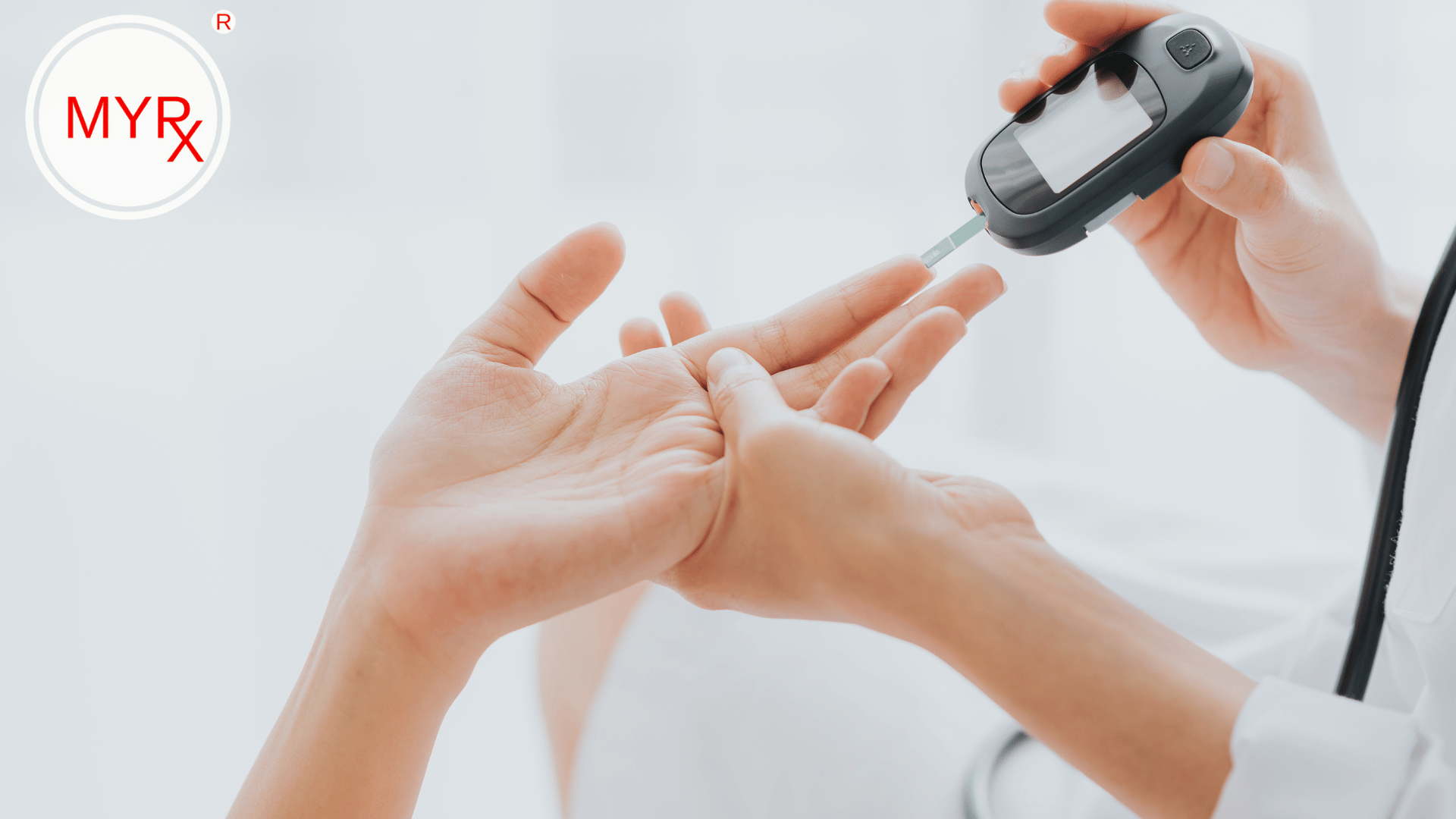
The Future of Medicine: Exploring Digital Transformation in Healthcare for Doctors
Introduction
Digital transformation is shaping the future of medicine, revolutionizing healthcare practices and empowering doctors with innovative tools and technologies. From artificial intelligence to telemedicine, digital transformation is driving efficiency, improving patient outcomes, and transforming the way doctors deliver care. In this article, we will explore the cutting-edge advancements in digital transformation and their potential impact on the future of healthcare for doctors.
Artificial Intelligence and Machine Learning:
Artificial intelligence (AI) and machine learning (ML) are poised to revolutionize healthcare by augmenting doctors' capabilities and improving diagnostic accuracy. This section will discuss how AI-powered algorithms can analyze vast amounts of medical data, assist in diagnosing diseases, predict treatment outcomes, and provide personalized treatment recommendations. It will also explore the ethical considerations and challenges associated with integrating AI into clinical practice.
Robotics and Automation:
Robotic technology and automation are transforming surgical procedures and streamlining healthcare operations. This section will highlight the use of robotic-assisted surgery, precision robotics for delicate procedures, and automation in tasks such as medication dispensing and inventory management. It will discuss how these advancements can enhance surgical precision, reduce human error, and optimize resource utilization in healthcare settings.
Virtual and Augmented Reality:
Virtual reality (VR) and augmented reality (AR) have emerged as powerful tools in medical education, training, and patient care. This section will explore how doctors can utilize VR and AR to simulate surgical procedures, train in realistic virtual environments, and enhance patient engagement through immersive experiences. It will also discuss the potential of these technologies in telemedicine, remote consultations, and post-operative rehabilitation.
Internet of Medical Things (IoMT):
The Internet of Medical Things (IoMT) is revolutionizing healthcare by connecting medical devices, wearables, and sensors to gather real-time patient data. This section will discuss how doctors can leverage IoMT to remotely monitor patients, track vital signs, detect early warning signs of health deterioration, and facilitate timely interventions. It will also explore the challenges of data integration, interoperability, and data security in IoMT adoption.
Precision Medicine and Genomics:
Digital transformation is enabling doctors to embrace precision medicine, tailoring treatments to individual patients based on their genetic makeup and unique characteristics. This section will discuss how genomics, big data analytics, and predictive modeling can assist doctors in making personalized treatment decisions, identifying disease risks, and developing targeted therapies. It will also explore the potential of precision medicine in improving patient outcomes and reducing healthcare costs.
Blockchain and Secure Data Sharing:
Blockchain technology has the potential to revolutionize data security, interoperability, and patient privacy in healthcare. This section will explore how doctors can utilize the blockchain to securely store and share patient data, facilitate interoperability between different healthcare systems, and ensure transparent and auditable access to medical records. It will also discuss the challenges and considerations associated with implementing blockchain in healthcare.
Ethics, Privacy, and Regulatory Considerations:
As digital transformation advances in healthcare, it is important to address the ethical, privacy, and regulatory considerations that arise. This section will discuss the ethical implications of AI and machine learning, patient consent for data sharing, privacy protection, and compliance with regulations such as HIPAA. It will emphasize the importance of establishing ethical frameworks and robust governance to guide the responsible use of digital technologies in medicine.
Conclusion
Digital transformation is propelling medicine into a new era, empowering doctors with advanced technologies that enhance diagnosis, treatment, and patient care. The future of healthcare for doctors lies in leveraging the potential of AI, robotics, virtual reality, IoMT, precision medicine, blockchain, and other transformative technologies. While embracing these advancements, it is essential to address ethical, privacy, and regulatory considerations to ensure patient-centric, responsible innovation.